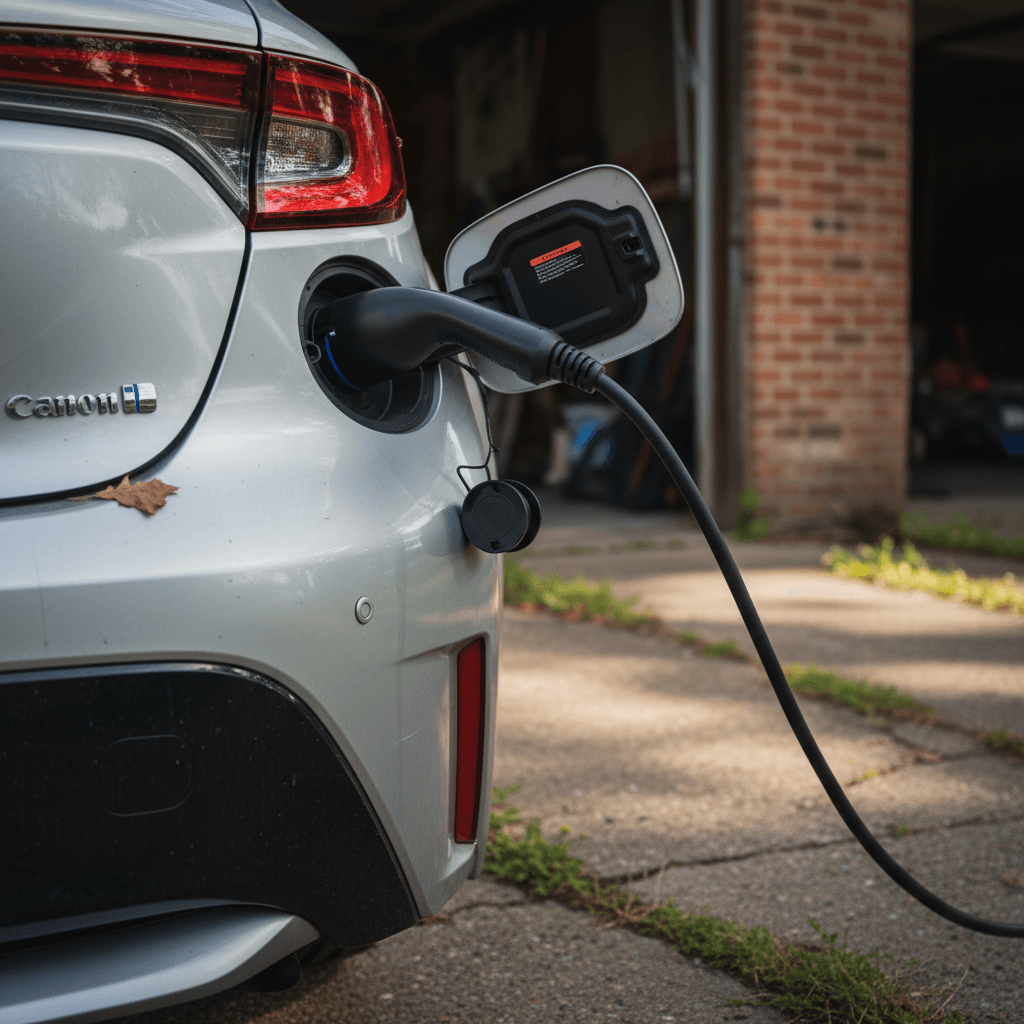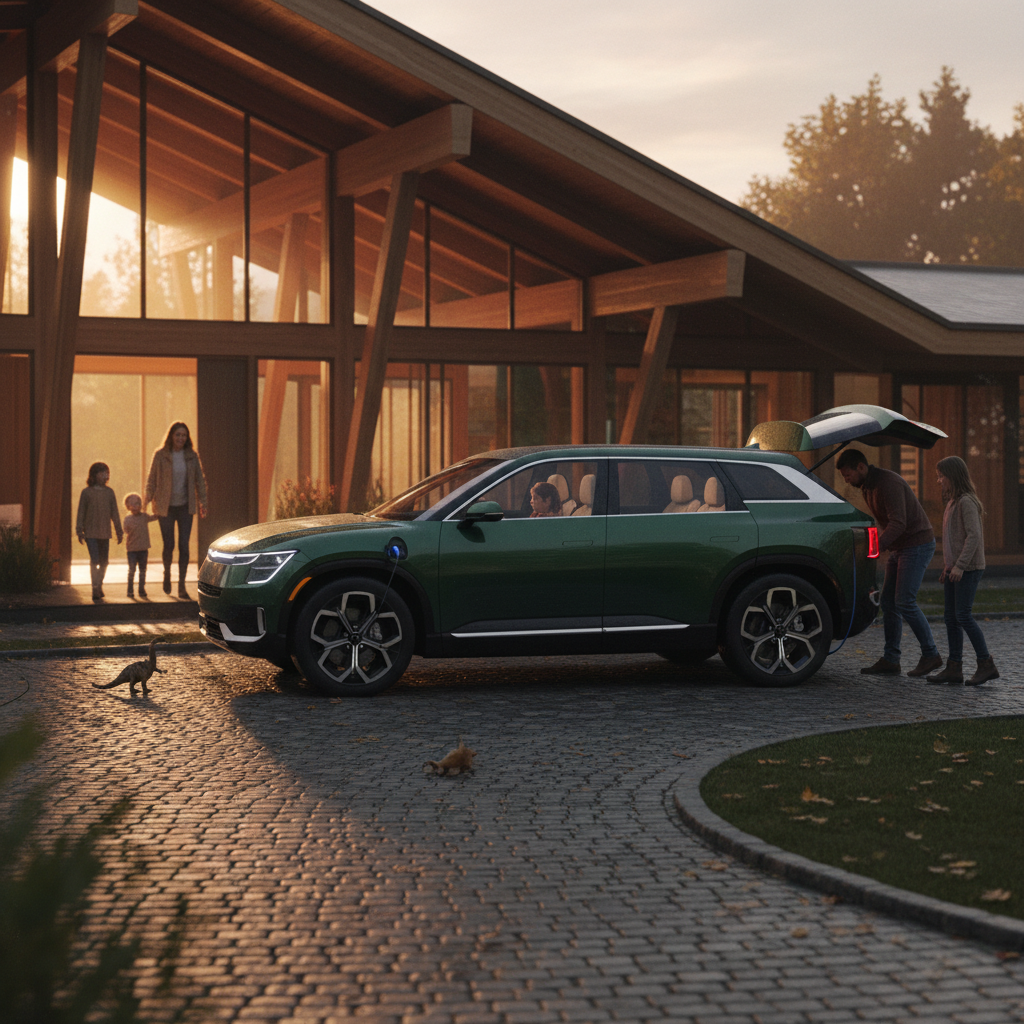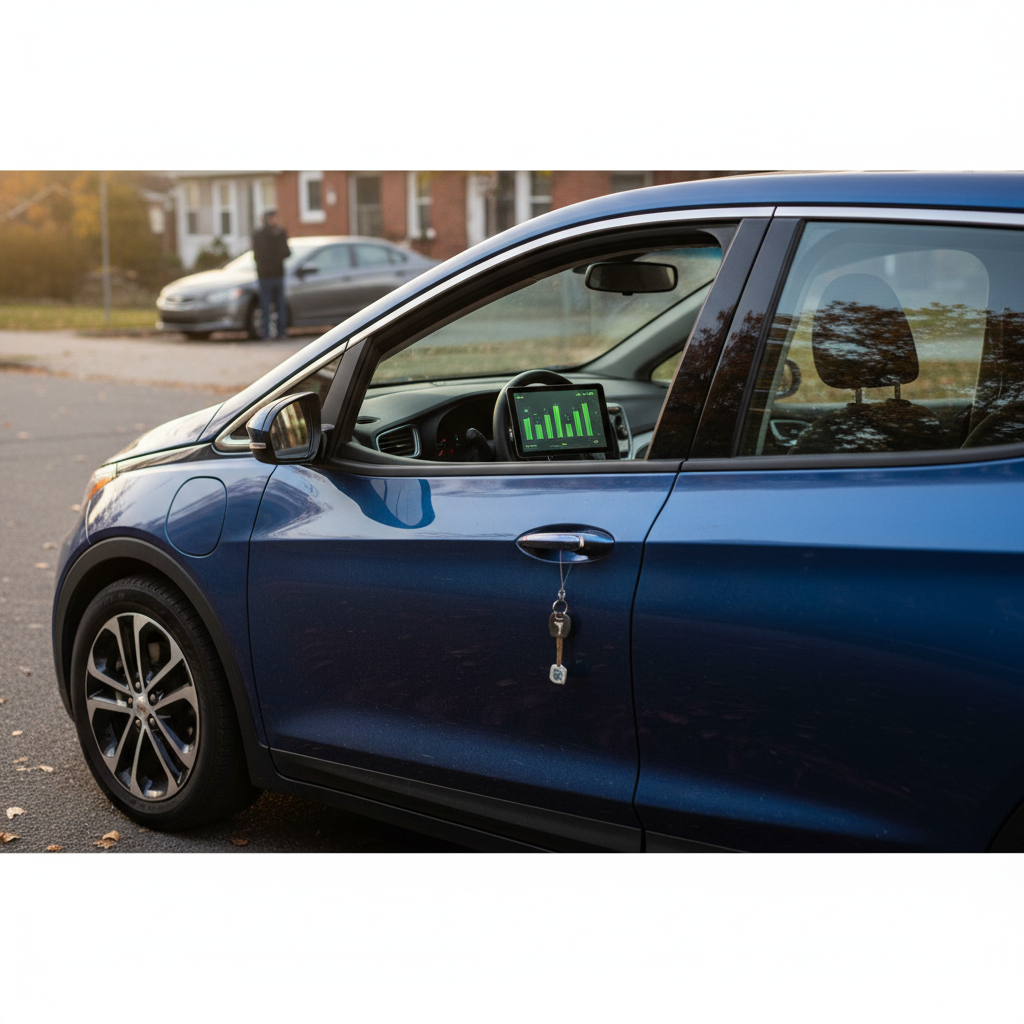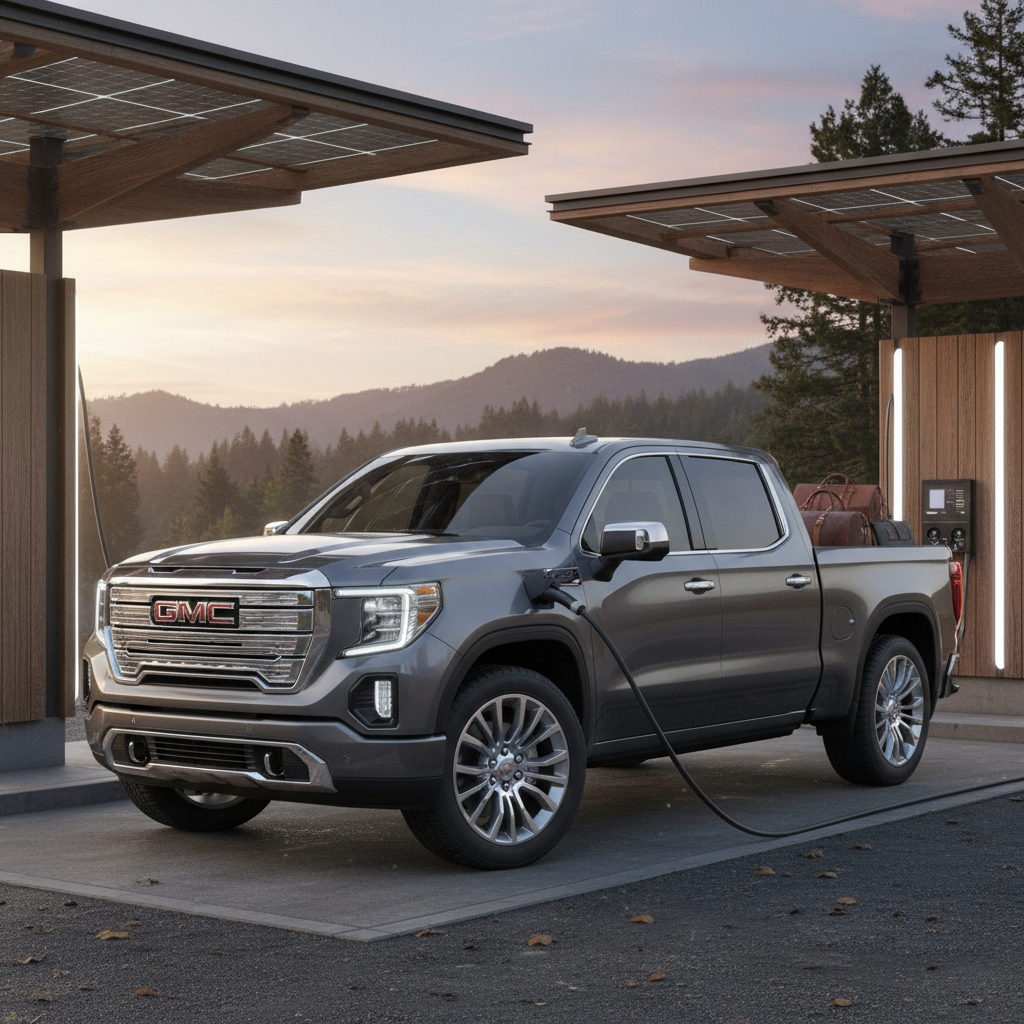If you lined up every Toyota Corolla second hand car in America bumper-to-bumper, you could probably walk from here to next Tuesday. The Corolla is the default answer to “What should I buy if I just want something that works?”, but in 2025 the story is more interesting than that. Between wallet-friendly older gas models and ultra-efficient Hybrids that can top 50 mpg, you’ve got real choices, and a few pitfalls, to navigate.
In one sentence
Why a Toyota Corolla second hand car makes sense
The Corolla has been the world’s best‑selling car nameplate for a reason: it’s the automotive equivalent of a dependable roommate. It starts, it goes, it doesn’t ask much. As a second hand car, that translates into three big advantages: reliability, operating costs, and resale value.
- Reliability: Corollas routinely run well past 200,000 miles with basic maintenance. Independent reliability surveys keep putting them near the top of the compact class.
- Low running costs: Routine service is inexpensive, parts are everywhere, and the 2.0L gas and 1.8L hybrid engines are tuned more for longevity than drama.
- Resale value: Demand for used Corollas, and especially Corolla Hybrids, remains strong, so you’re not lighting your money on fire the moment you sign the title.
Where Recharged fits in
Quick look: specs, MPG and running costs
Used Toyota Corolla fast facts (recent models)
Real‑world fuel use
Best years for a used Toyota Corolla
Because the Corolla changes gradually rather than dramatically, your job as a used‑car shopper is to find the sweet spot between age, safety tech, and price. In 2025, that usually means looking at the 12th‑generation car (2019 and newer) and the early years of the Corolla Hybrid (2020 and newer).
Model year short list for second hand Corollas
Balancing price, safety and running costs
2017–2018 (11th gen, late run)
If your budget is tight, these are the sensible old‑soul Corollas.
- Proven 1.8L engine known for longevity.
- Basic safety tech, but generally solid crash scores.
- Cabins feel a bit dated; tech is rudimentary.
Look for low‑mile, one‑owner cars with full service records.
2019–2022 (12th gen gas)
Big step up in refinement and safety.
- New 2.0L engine with ~169 hp, still efficient.
- Modern safety suite standard on most trims.
- Better ride and quieter cabin than earlier cars.
Great all‑rounder if you don’t need hybrid mpg.
2020–2023 (Corolla Hybrid)
The efficiency play.
- EPA ratings up to ~53 mpg city / 46 mpg highway on FWD trims.
- Qualifies as one of the most efficient hybrids under $25k used.
- From 2023 onward, slightly more power with a small hit to mpg.
Perfect for high‑mileage commuters and rideshare drivers.
Years to be more careful with
Common issues when buying a second hand Corolla
The Corolla’s reputation for indestructibility is mostly deserved, but no car is perfect, and there are patterns. Your pre‑purchase inspection should focus less on catastrophic failures (rare) and more on wear‑and‑tear items and how the car has been treated.
- CVT transmission servicing: Most late‑model Corollas use a continuously variable transmission. CVTs can last if fluid is changed on schedule. If a seller can’t produce records, budget for a fluid service immediately and listen for shuddering or slipping on the test drive.
- Suspension & tires: City life is hard on struts, bushings, and wheels. Clunks over bumps, uneven tire wear, or vibration at highway speed suggest deferred maintenance.
- Brakes: Straightforward and inexpensive, but a surprising number of second hand cars are running on paper‑thin pads and scored rotors. A good inspection will tell you how soon you’re due.
- Interior wear: Ride‑share and delivery duty leave clues: shiny steering wheels, heavily worn seats, multiple key fobs, and drilled holes from phone mounts. None of this is fatal, but it should be reflected in the price.
- Accident history: A clean Carfax or similar report is a starting point, not gospel. Look for mismatched paint, overspray, and panel gaps that suggest cheap bodywork.

Hybrid‑specific concern: traction battery
Used Corolla vs Corolla Hybrid: which should you choose?
The big fork in the road is obvious: do you buy a conventional gas Corolla or the Corolla Hybrid? The answer depends on how you use the car, how long you’ll keep it, and how you feel about complexity versus pump‑side pain.
Who should buy a gas Corolla
- Short, infrequent trips: If you only drive a few thousand miles a year, you’ll never fully exploit hybrid savings.
- Rural or harsh climates: Simpler powertrain, slightly less to worry about long‑term.
- Tightest budgets: Older gas Corollas cost less up front than similar‑year Hybrids.
Pick a 2017–2020 car with solid records and you’ll get the classic Corolla virtues with lower complexity.
Who should buy a Corolla Hybrid
- High‑mileage commuters: The hybrid’s ability to deliver ~47–50 mpg combined can save thousands in fuel over five years versus a standard compact sedan.
- City drivers: Hybrids thrive in stop‑and‑go traffic where regen braking recovers energy.
- Long‑term ownership: If you plan to keep the car 8–10 years, the efficiency dividend compounds.
The trick is verifying battery health up front so you’re not inheriting someone else’s future repair bill.
Payback math in plain English
Typical second hand Toyota Corolla price ranges
Used‑car prices have cooled off from the 2021–2022 frenzy, but Corollas still hold their value. Exact numbers depend on your market, mileage, and trim, yet some broad bands are emerging in late 2025.
What your budget buys in the used Corolla world
Approximate retail asking prices in the U.S. for well‑maintained cars with clean histories. Local markets will vary.
| Budget (USD) | What you’re likely looking at | Typical mileage | Notes |
|---|---|---|---|
| $10,000–$13,000 | 2014–2017 gas Corolla LE/SE | 80k–140k miles | Older tech, but proven drivetrain. Prioritise maintenance records over gadgets. |
| $13,000–$17,000 | 2017–2020 gas Corolla, some early 2020 Hybrid high‑milers | 60k–120k miles | Sweet spot for value if you don’t mind a few cosmetic blemishes. |
| $17,000–$22,000 | 2019–2022 Corolla gas, 2020–2022 Corolla Hybrid LE/SE | 40k–80k miles | Modern safety tech, Apple CarPlay/Android Auto, better cabins. |
| $22,000–$25,000+ | 2022–2024 Corolla Hybrid XLE, lightly used higher trims | Under 40k miles | Near‑new cars; you’re paying for remaining warranty and low miles. |
Use these bands as conversation starters, not gospel. Condition always trumps model year.
How to negotiate intelligently
Inspection checklist for a second hand Corolla
Whether you’re buying from a neighbor, a big‑box dealer, or an online marketplace, you should approach a used Corolla with the same cold‑eyed skepticism you’d bring to a New York apartment listing. Here’s a practical checklist you can literally print and take with you.
Used Corolla pre‑purchase checklist
1. Start with the VIN history
Run the VIN through a history service. Look for total losses, airbag deployments, repeated accidents, or title brands (salvage, flood, lemon buyback). Any of these demand a serious discount or a graceful walk‑away.
2. Confirm regular maintenance
Ask for receipts or service logs. Oil changes roughly every 5,000–10,000 miles, coolant and brake‑fluid intervals, and CVT fluid changes on schedule all paint a picture of a car that’s been cared for.
3. Do a cold start
Arrive when the engine is cold. Listen for rattles, ticking, or rough idle. An engine that struggles to start or flares to a very high idle and stays there may be hiding deferred maintenance.
4. Test drive like a skeptic
On your drive, test acceleration, braking, and steady‑state cruising. The Corolla shouldn’t wander, pull, or shimmy. On CVT cars, watch for rubber‑band feeling or flares in RPM without matching acceleration.
5. Scan for warning lights
Before and during your drive, check that the dash warning lights all illuminate on start‑up and then go off. An airbag or ABS light is non‑negotiable, fixing those systems can get expensive.
6. For Hybrids: demand a battery health report
A proper hybrid battery diagnostic is crucial. With Recharged‑style reporting, you can see state‑of‑health data instead of guessing based on age and mileage alone.
Financing and shopping smart in 2025
The financing world has shifted in the last few years. Interest rates aren’t at rock‑bottom anymore, and stretching a small, sensible purchase like a used Corolla into an 84‑month loan undercuts the whole point of buying something conservative.
Financing principles that still hold up
- Keep term length sane: Aim for 36–60 months on a used car. If the payment is too high, you might be buying more car than you need.
- Total cost over monthly payment: A low payment with huge interest isn’t a win. Focus on total interest paid.
- Consider pre‑qualification: Getting pre‑qualified, like you can through digital retailers such as Recharged, lets you shop as a quasi‑cash buyer and avoid “mystery math” in the finance office.
Shopping channels, ranked by transparency
- Online marketplaces with upfront pricing: Easier apples‑to‑apples comparisons; often include free vehicle history reports.
- EV‑ and hybrid‑focused retailers: If you’re set on a Corolla Hybrid, outlets like Recharged that specialize in battery‑equipped vehicles can provide deeper diagnostics and guidance.
- Private sellers: Often cheaper, but you lose consumer protections and need to do more due diligence.
Why specialist platforms help hybrid buyers
Frequently asked questions about used Toyota Corollas
Toyota Corolla second hand car FAQ
Bottom line: who a second hand Corolla is really for
A Toyota Corolla second hand car is not an exciting choice, and that’s exactly its charm. It’s the car you buy when you’re tired of drama, of roadside roulette, of surprise $2,000 repairs, of wondering whether the check‑engine light actually means anything. Pick the right year, verify the history, and, in the case of the Hybrid, confirm battery health, and you get a compact sedan that quietly does its job for years at a time.
If you decide the Corolla Hybrid is your sweet spot, maximum mpg with minimal lifestyle change, consider working with a specialist used‑EV retailer like Recharged. Verified battery diagnostics, transparent pricing, financing support, and expert guidance turn a cautious, rational purchase into something rare in the used‑car world: a genuinely low‑stress one.



